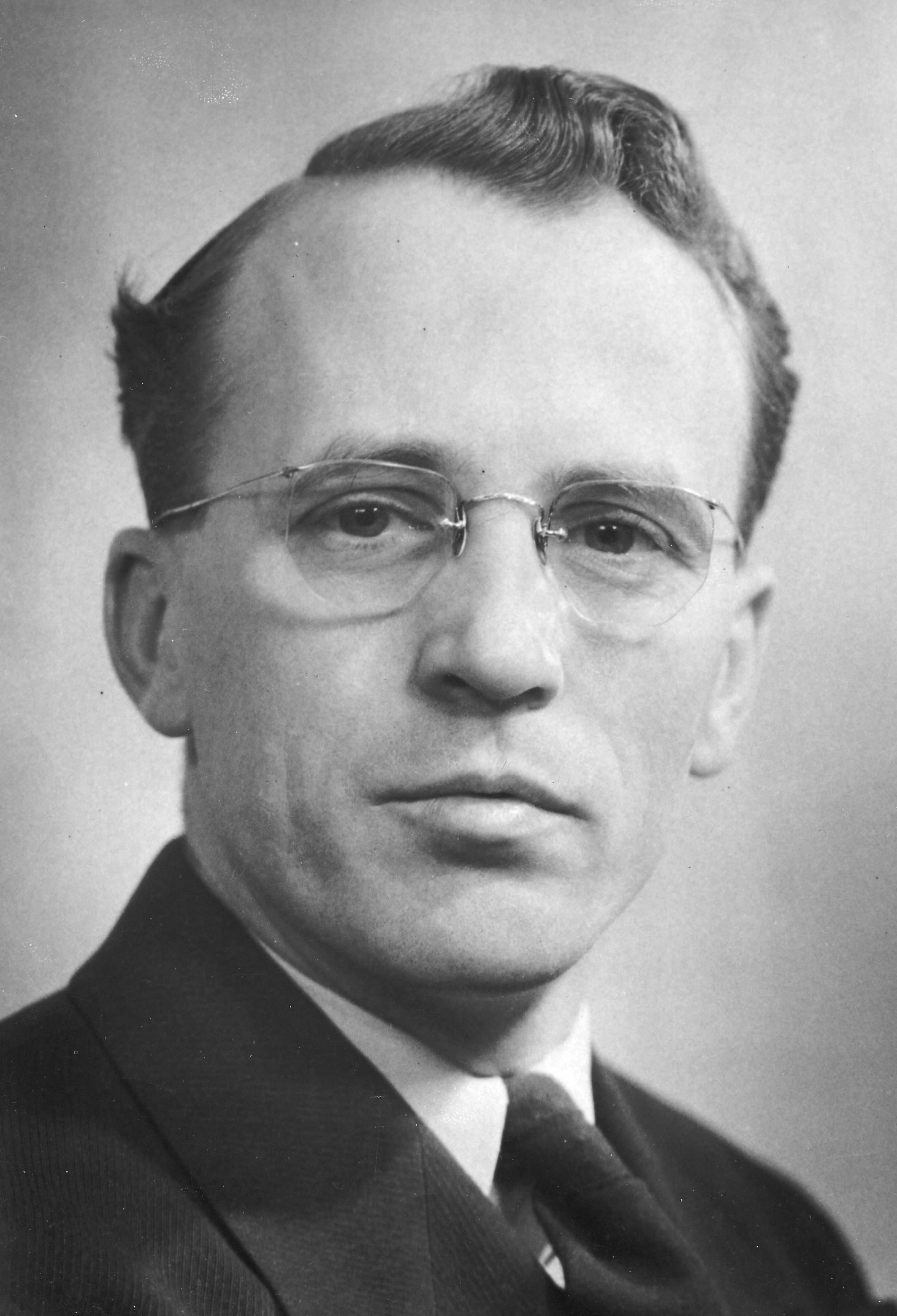Get Today in Masonic History into your Inbox. Sign up today for one of our email lists!
Need an article for your Trestleboard/Newsletter see our Use Policy
Thomas Clement "Tommy" Douglas passes away

Today in Masonic History Thomas Clement "Tommy" Douglas passes away in 1986.
Thomas Clement "Tommy" Douglas was a Scottish-born Canadian politician.
Douglas was born on October 20th, 1904 in Camelon, Falkirk, Scotland. At the age of six, the family emigrated to Canada. Just before the family left for Canada Douglas fell and hurt his knee. After several surgeries in Scotland, the problem returned when the family reached Canada. The initial treatment prescribed was to amputate the leg. A leading surgeon convinced the family to allow him work on Douglas in exchange for medical students observing the treatment. This colored his opinions on public health care for the rest of his life.
Douglas began his education at the elementary school in Winnipeg. The family returned to Scotland during World War I. There he completed his elementary education. In Glasgow he worked as a soap boy in a barber shop. At the age of 13 he got a job in a cork factory. His employer offered to pay for him to go back to school to learn Spanish and Portuguese allowing him to become a cork buyer. The family returned to Canada before he followed through with the education.
In 1924, Douglas enrolled in Brandon College to become a Baptist minister. To work his way through school he performed sermons in rural Baptist churches and gave speeches to local organizations. In 1930 he graduated from Brandon College and went on to McMaster University where he worked on his masters degree. His masters thesis supported the idea of eugenics, although later in life he never spoke of it again. In the paper he suggested people should be certified as morally and mentally fit. Those who were not needed to be sent to government camps or sterilized.
In 1931, Douglas went to the University of Chicago and began working on his Ph.D. It was in Chicago during the Great Depression he started to sour on Socialist movement. He saw the members of the movement sitting around quoting Lenin and Marx and yet did nothing to help the people in despair around them.
In 1935, Douglas was elected to the Canadian House of Commons. In 1939, during a debate about entering World War II, Douglas said:
"If you accept the completely absolutist position of the pacifist, then you are saying that you are prepared to allow someone else who has no such scruples to destroy all the values you've built up. This is what I used to argue with Mr. Woodworth . . . if you came to a choice between losing freedom of speech, religion, association, thought, and all the things that make life worth living, and resorting to force, you'd use force. What you have internationally is what you have within a nation. You must have law and order, and you must have the necessary military means to enforce that law and order."
In 1944, Douglas became the Prime Minister of Saskatchewan. There he and his party, who had almost complete control of the legislature, implemented a variety of socialist programs. Not the least of which was the creation of Medicare which had been a life long goal of Douglas. He held power until 1960. In 1963, he was elected again on the federal level and remained in federal politics until he retired in 1979.
Douglas passes away from cancer on February 24th, 1986.
Douglas was a member of Weyburn Lodge No. 20 Weyburn, Saskatchewan, Canada.
This article provided by Brother Eric C. Steele.

